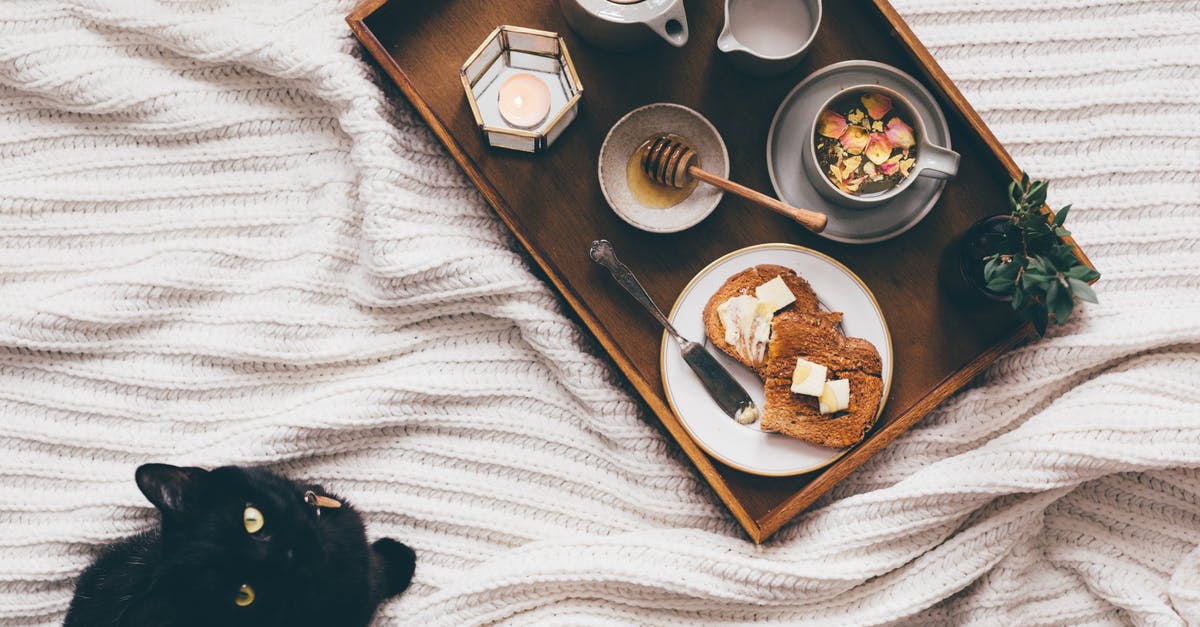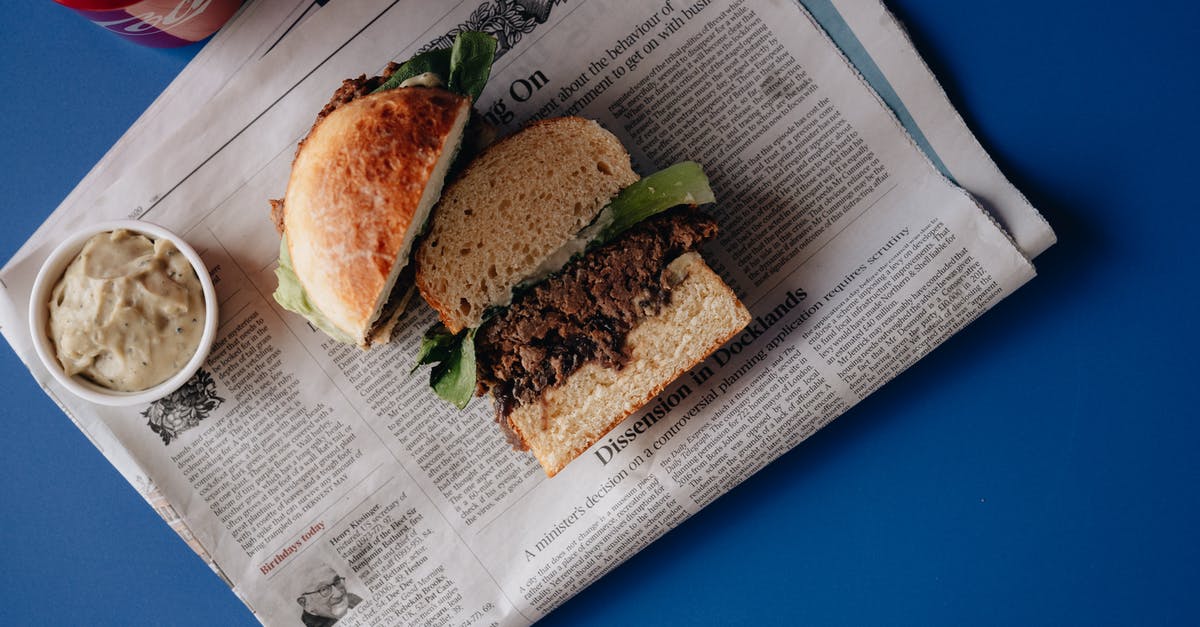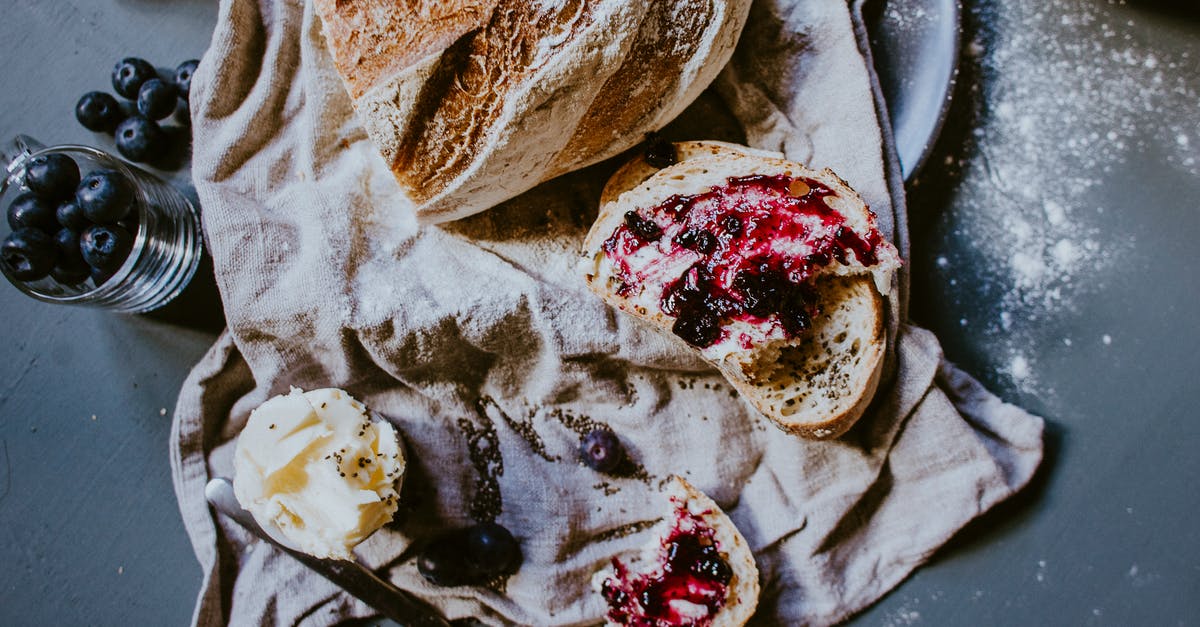Bread from the machine always too soft, can't be buttered

My bread machine (Panasonic SD-2501) makes good bread. The loaves rise every time and it has a great golden crust. However, the bread is always too soft.
The recipe:
- 1 tsp dry yeast
- 440gm baker's flour. I have also tried 00 pizza flour and 50/50 white/spelt blend
- 1 tsp bread improver (Wallaby brand)
- tablespoon honey
- tablespoon olive oil
- teaspoon salt
- 330ml milk or water (doesn't seem to make much difference)
I am adding the ingredients in that order as Laucke suggests.
The bread machine cycle is 5 hours and includes about 30 minutes of "rest" once the ingredients are in and the cycle kicks off. I don't know why, since it seems like wasted time when nothing has been mixed; it all just sits there.
Anyway, the problem is not just that the bread is too soft right when it comes out of the machine, though of course it is even softer then. The trouble is that the bread stays too soft to butter even a day later, with room temperature butter, so it is very difficult to make sandwiches with. The bread feels very light, and I think it could do with a lot more body - I don't like fluffy white bread from supermarkets and I want to make something with a bit more chew and resistance to tearing. Being too soft also means it doesn't toast well; the toasting seems to take a lot of moisture out of the bread, and when you bite it there's not much there at all.
Best Answer
I would leave out the bread improver, the olive oil, and the milk (use water) and see what happens. Both the bread improver and the fat make softer bread.
If this is not sufficient and/or you really insist on resilient bread, the next steps are
- look at the gluten content of your flour and use a higher gluten content if yours is low. American bread uses bread flour with 12-13% for example. If you can't buy such high gluten flour, you can buy gluten powder and mix it in.
- start with ice cold water
- add a gram of vitamin C (crystals, not a pill) at the beginning.
All three make stronger gluten, to the point that if you do it all at once, the dough might even be too hard to knead.
Another thing to try is to make darker bread, as whole wheat flours add more body and also have a bit more gluten.
Pictures about "Bread from the machine always too soft, can't be buttered"



Why is my bread machine bread so soft?
I think what is happening is that your dough is being proofed too quickly, and therefore you are not getting good gluten development. In my own personal experience this is a very common fault with bread machines as they warm the dough during the proofing cycle to speed it up.Why is my homemade bread too soft?
The main reason for making your crust go soft is moisture. This moisture comes from inside the bread so when cooling, you must give your bread enough room to breathe. Keep your bread on a cooling rack with enough space under it. Sugars, milk and other ingredients can also contribute to a soft crust.Why is my bread too moist?
This is because the steam that was trapped inside while baking still needs to escape. This "sweating" will make the crust softer at first but will harden up again after it is fully cooled. If you cannot wait until the bread is fully cooled, then just be prepared for a damp crumb.A Handy Bread Machine Troubleshooting Guide (Frequent Problems And Solutions)
More answers regarding bread from the machine always too soft, can't be buttered
Answer 2
Bread is given structure by gluten strands which stretch out and interlock. This is done mechanically by kneading and through the action of yeast, with yeast action being more important. If gluten is not well developed enough then you get a weak structure which can expand too much, if it is too developed then you get a tough bread.
I think what is happening is that your dough is being proofed too quickly, and therefore you are not getting good gluten development. In my own personal experience this is a very common fault with bread machines as they warm the dough during the proofing cycle to speed it up. Whether you can fix this depends on the machine, you need to 1) stop the machine from heating the dough during rising and 2) extend the rising cycle if it's timed. If it's not timed but uses a height sensor then just turning off the heat will do.
It's also possible that the machine is not kneading the dough enough, this also depends on the sophistication of your machine. Some machines do this on a timer, others sense the dough resistance.
One suggestion I would make in general is to reduce the water in the recipe a bit as I think it's too wet. Try 300ml of water instead. I don't think this is the problem but too wet dough can balloon on you so it's worth a shot.
Other possibilities are that your ingredients are inhibiting the yeast, however you are getting a good rise so I don't think that's particularly likely. You could try adding a bit less salt, and leaving out the oil and honey as an experiment.
Sources: Stack Exchange - This article follows the attribution requirements of Stack Exchange and is licensed under CC BY-SA 3.0.
Images: Daniela Constantini, alleksana, Flora Westbrook, Maria Orlova
